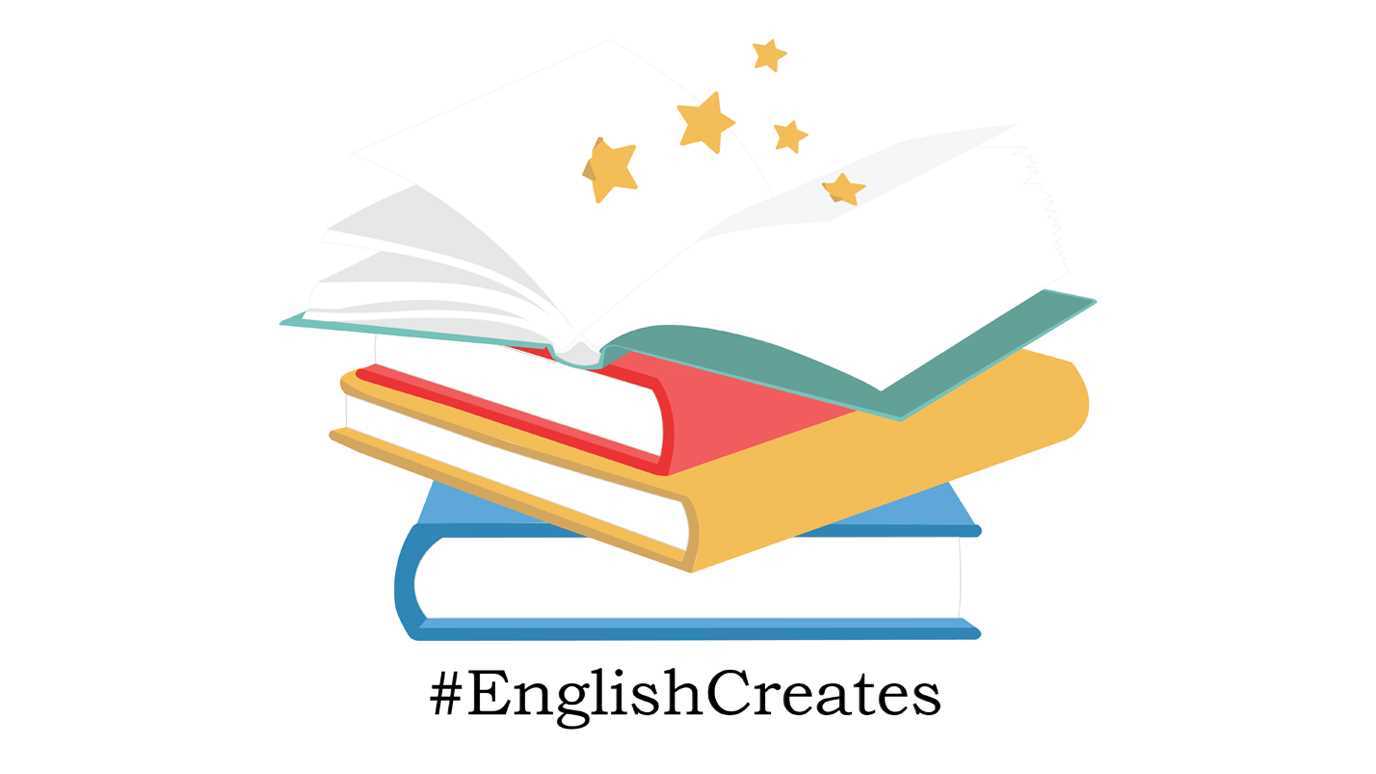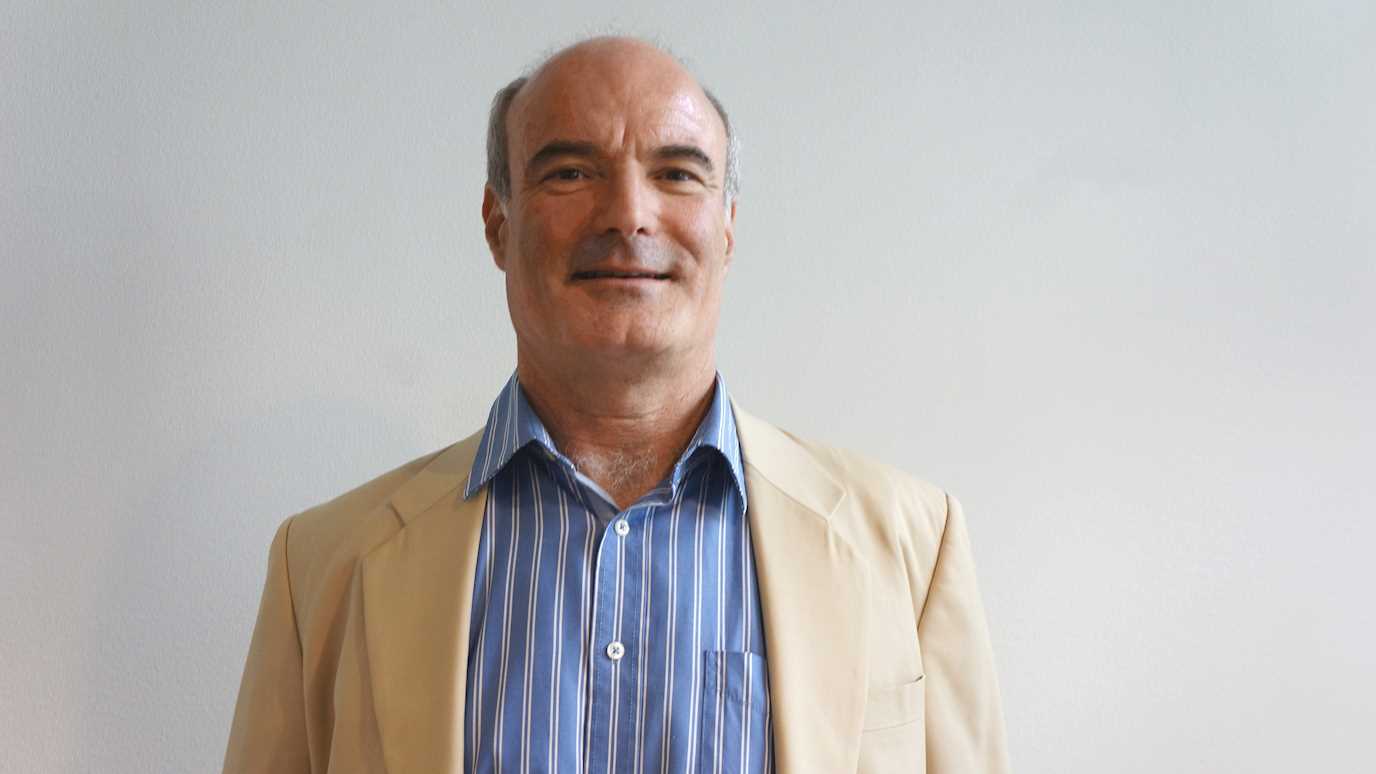The decision by the Environment Secretary, Michael Gove that the UK government will support further restrictions across the EU on the use of neonicotinoids, is warmly welcomed by bee scientists at Royal Holloway, University of London.
“That the government is making evidence-based decisions and following the precautionary principle is key to protecting our environment in the UK, as well as the broader European environment.” said Professor Mark Brown, Professor in Evolutionary Behaviour and Conservation in the School of Biological Sciences.

The EU has previously issued a temporary moratorium on the use of thiamethoxam, as well as two other neonicotinoid pesticides, on flowering crops attractive to bees. Now, thanks to the weight of evidence from researchers, who have been calling for a change in guidelines for pesticide use to give bees more protection, a total ban on their use outside of greenhouses is likely. With a vote expected in December 2017, the UK’s new position makes it highly likely to pass.
The School of Biological Sciences at Royal Holloway is a hub for bee research, with active and expanding lab groups focussing on different aspects of bee conservation, behaviour and health. An important focus of our scientists’ published research has taken forward global understanding of the general and species-specific impacts of neonicotinoids on bees and other pollinating species. Discovering the impact of pesticides on bees is crucial as pollination is an essential ecosystem service, and bees pollinate approximately one third of global crops.
Professor Mark Brown commented,
“Backing a total ban on insect-harming pesticides across Europe is a clear commitment from the UK to make a positive impact on environmental health. There is strong evidence that neonicotinoids can negatively impact bumblebees in a variety of ways. Stunted colony growth and declines in new colonies being formed are creating the potential to cause wild populations to collapse.”
Professor Vincent Jansen added,
“Our environment extends beyond man-made borders and this step from Michael Gove means the UK, working together with other members of the EU, can help support bee populations and promote a healthier ecosystem across Europe.”
Influential neonicotinoid pesticide impact research findings at Royal Holloway have included:
Neonicotinoid pesticides can stop bees forming new colonies
Bumblebees are less able to start colonies when exposed to a common neonicotinoid pesticide, which could lead to collapses in wild bee populations, according to research published in Nature Ecology & Evolution in August 2017. This revealed that exposure to thiamethoxam, a common pesticide, reduced the chances of a bumblebee queen starting a new colony by more than a quarter. Building on field studies, the researchers used mathematical models of bumblebee populations which showed that thiamethoxam exposure significantly increases the likelihood that wild bee populations could become extinct.
“Queens exposed to the pesticide were 26% less likely to lay eggs to start a colony,” said Dr Gemma Baron, from the School of Biological Sciences. “Creating new bee colonies is vital for the survival of bumblebees – if queens don’t produce eggs or start new colonies it is possible that bumblebees could die out completely.”
Neonicotinoid pesticide reduces egg development in wild bumblebee queens
Research published in the journal Proceedings of the Royal Society B in May 2017 found that wild bumblebee queens are less able to develop their ovaries when exposed to a common neonicotinoid pesticide. Lead author Dr Gemma Baron said,
“We consistently found that neonicotinoid exposure, at levels mimicking exposure that queens could experience in agricultural landscapes, resulted in reduced ovary development in queens of all four species we tested. Impacts of neonicotinoid exposure on feeding behaviour were species-specific, with two out of four species eating less artificial nectar when exposed to the pesticide. These impacts are likely to reduce the success of bumblebee queens in the spring, with knock-on effects for bee populations later in the year”
Pesticide poisoning could stop bees from finding flowers
Research published in the journal Scientific Reports in December 2016 showed how poisoning by pesticides can affect bees’ spatial memories leading them to forget where they have been, making feeding less efficient and potentially affecting navigation. Liz Samuelson, lead author and PhD student from the School of Biological Sciences explained,
“There is growing evidence that pesticides are having harmful consequences for bees, with many studies showing that these classes of insecticide based have damaging effects on bee learning and memory. This is a concerning finding as it may mean bees are struggling to forage in the wild.”
Find out more about ecological research at Royal Holloway and opportunities for undergraduate and postgraduate study in the School of Biological Sciences.
























